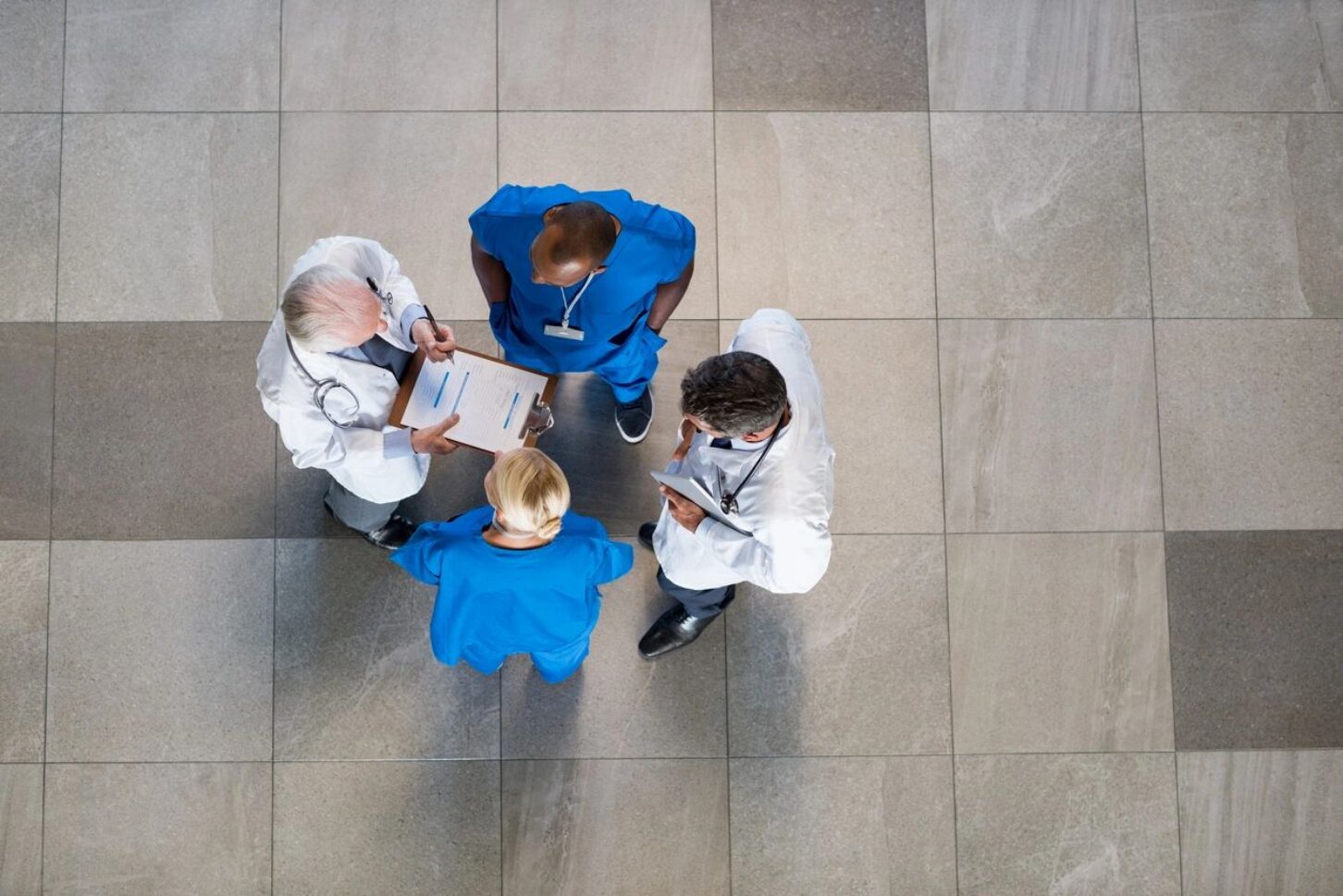
Medical Monday: A weekly post of healthcare- and technology-related policy news, views and commentaries.
Mutating virus: The first case of the U.K. coronavirus variant has been reported in Georgia, an 18-year-old man with no travel history, the Georgia Department of Public Health reported January 5. The state became the fifth to report a case of the variant, following New York, California, Florida and Colorado.
Resistant COVID-19: The lead researcher in Oxford-AstraZeneca vaccine trials in South Africa told CBS that country has seen more than 13 coronavirus variants since the start of the pandemic, but a strain known as 501.V2 is currently the most worrisome. And former Food and Drug Administration Commissioner Scott Gottlieb told CNBC the South African variant, also prevalent in Brazil, “is very concerning right now because it does appear that it may obviate some of our medical countermeasures, particularly the antibody drugs.” Gottlieb said vaccinations are a race against time; the variant may partially avert or weaken existing immunity from a prior COVID-19 infection. Source: Becker’s Hospital Review
Overdoses: The growing isolation and economic challenges of the pandemic appear to have fueled an increase in substance abuse. A study of urine drug tests shows a 35% increase in positive results for non-prescribed fentanyl and 44% for heroin during the pandemic. The Centers for Disease Control and Prevention released preliminary data estimating 72,732 drug overdose deaths in 2019, breaking the previous record set in 2017, and all indications are 2020 will break that record. An 18% spike in overdoses occurred through May of 2020, and the American Medical Association reported more than 40 states saw increases in opioid-related deaths.
Asymptomatic spread: People with COVID-19 who don’t exhibit symptoms may transmit nearly 60% of all virus cases, according to a study published last week in JAMA Network Open. According to the researchers, “The findings of this study suggest that the identification and isolation of persons with symptomatic COVID-19 alone will not control the ongoing spread.” Source: Becker’s Hospital Review
Telehealth surge: Nationwide, telehealth services skyrocketed 3,060% from October 2019 to October 2020, according to private healthcare claims data from Fair Health. They made up 0.18% of procedures in claims data in October 2019 but 5.61% in October 2020. From September to October 2020 alone there was a 10% increase. Fair Health listed COVID-19 as the likely reason for the surge.
Patient satisfaction: The 2020 Global Benefits Attitudes Survey conducted by Willis Towers Watson found 47% of survey respondents said they had used company-offered virtual healthcare services – almost three times more than 2019, when 17% of employees surveyed said they had. Even more promising, about 80% said that virtual care was as good as in-person consultations, with 25% saying it was even better. Source: EHSToday.com
Temperature check? Say you visit a business or mall and you’re adamantly opposed to having your temperature taken for COVID-19 purposes, perhaps because you feel it’s an invasion of privacy. That doesn’t mean they can’t do it anyway. New Equipment Digest describes iLobby FeverCheck, a thermal camera that scans for elevated body temperature in seconds “as part of the regular sign-in process, and flags people who might present a health risk …. unobtrusively sending an instant notification to security or management, who can deny access if necessary.”
Absenteeism: The number of U.S. workers calling in sick reached record numbers this year and may stay that way until COVID-19 vaccines are widely distributed, Bloomberg reports. The number of people currently in the labor force who are out sick, known as absenteeism, has doubled in the pandemic. Almost 1.8 million workers were absent in November because of illness, nearly level with the record of 2 million from April, according to Labor Department data.
Notable Quote
“How much more can we appreciate light after a journey of darkness? Simply watching a movie on the big screen, taking a road trip, going to a concert, racing with 30,000 of my closest friends – pleasures that feel like distant memories will return. We’ve made it this far. If we can just be patient a little while longer, it will happen safely. Continue to check on your neighbors. Smile at the cashier, though still behind your mask. Donate to your favorite charity. People are hurting. If you don’t see the light, become the light yourself. You can brighten someone’s day. Then pass your candle to the next person.” – Diana R. Twiggs
Checking Up On Health is compiled by Benita M. Dodd, vice president of the Georgia Public Policy Foundation